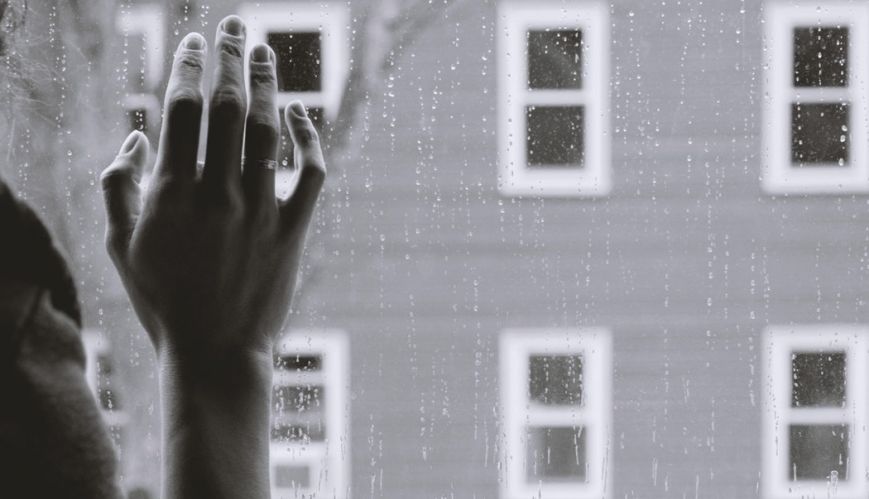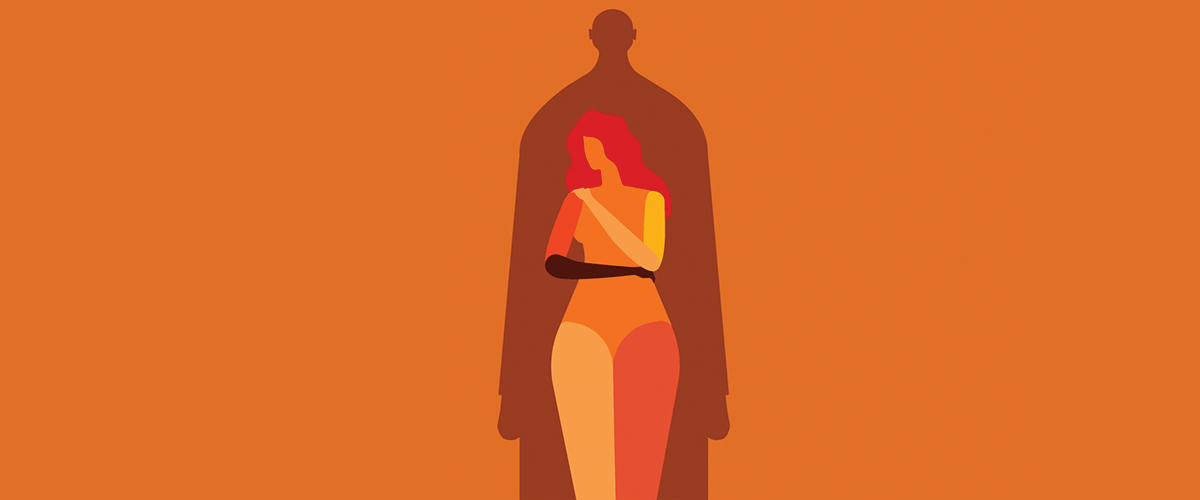White Ribbon Day focus to end violence against women and children

White Ribbon Day focus to end violence against women and children
25 November 2018
Today's International Day for the Elimination of Violence against Women is a day to specifically acknowledge and prevent the violence that women and girls experience. Photo Kristina Tripkovic.
*Trigger warning* This article discusses sexual, physical and emotional violence.
A few months ago, civil right activist Danielle Muscato posed this question on Twitter: “Ladies, a question for you: ‘What would you do if all men had a 9pm curfew?’" Women responded and the tweet soon went viral.
- Go for a walk at night
- Sleep with the windows open
- Go to the park at night
- Go camping solo
- Go for a run and wear headphones.
These are all ordinary and mundane aspects of life that many women abstain from because they are afraid.
Women monitor their safety constantly because the threat of violence from men is real. For example, last month a woman was walking through Melbourne CBD at 6.30am when a man grabbed her and tried to drag her away. Earlier this year a woman catching the train at 9.30am on a Wednesday was sexually assaulted. Toyah Cordingley was killed while walking her dog on the beach. Eurydice Dixon was raped and murdered walking home after a comedy gig.
A lesson that women learn very early in their teen years is that simply occupying the public space is a risk.
Women are afraid in public
But what about the women who would fear the 9pm curfew? What about the women who would dread their partner’s return home because of the violence they brought with them?
Women are more like to experience violence at the hands of someone they know – more specifically – their partner. The violence, which is not just restricted to physical violence but can also include psychological, emotional, financial and sexual violence, often takes place in their homes.
October was a particularly horrendous month for women in Australia, with 10 women murdered in 22 days.
In Perth during September, Beverley Quinn, Mara Harvey and her three daughters were murdered by Ms Harvey’s husband. In July, seven women were killed by violence, including Philip Island mother of three, Samantha Fraser.
Women are afraid in their homes
The International Day for the Elimination of Violence against Women is 25 November. It is a day to specifically acknowledge and prevent the violence that women experience.
Researchers from Destroy The Joint [a national movement spearheaded by social commentator Jane Caro], through their Counting Dead Women Australia campaign, show that as of 30 October, 58 women have been killed by violence.
We cannot discuss the Australian crisis of violence against women without acknowledging how Aboriginal and Torres Strait Islander women are particularly at-risk of family violence. According to SCRGSP 2016 (Steering Committee for the Review of Government Service Provision, Australia), in 2014-15, Indigenous women were 32 times as likely to be hospitalised due to family violence as non-Indigenous women.
 United Nations artwork.
United Nations artwork.
There is a problem here.
And it’s not a problem with men – it’s a problem with patriarchy and unhealthy masculinity. The way we are raising our sons is leading to the deaths of our daughters.
Today is a day specifically about women and children because the reality is they are more like to experience injury and more like to die because of violence.
We can all play a role in seeking gender equity and dismantling the patriarchy, but it must be said that violence against women is not an issue that women should be responsible for. The prevention of violence against women is an issue that men must be active in.
So often when I discuss violence against women I hear “not all men” as a response. This is ultimately a subtle act of resistance against equity – it seeks to defend men rather than standing alongside women.
We know not all men commit acts of violence, but men are the majority of perpetrators (even when the survivor is a male). Again, this is not to say that men are the problem, rather the version of unhealthy masculinity that propagates violence is.
So what can be done?
- Be an advocate for gender equity. At the core of violence against women is gender inequality. Stand alongside women, listen to our stories and create safe places for women.
- Model healthy masculinity. Teach your sons to be kind, to be okay with their emotions, to be respectful towards women. Men – mirror this behaviour to other men. Call out sexist behaviour, do your share of the housework, don’t talk over women. Violence against women is a systemic issue that reflects harmful and negative constructions of masculinity.
- Engage critically with the arguments that surround the “debate” on violence against women. Consider what The Salvation Army’s egalitarian approach to gender equity would be rather than the broader cultural narratives that insists men are under attack.
- Listen to and believe women who speak up about harassment, abuse and violence.
- The Salvation Army is present in hundreds of communities around Australia; if you’re not already, get your women preaching and serving on Corps Councils. Identify upcoming female leaders and encourage them, give the opportunities to learn and thrive. Ensure that the women who lead are visible and not just “serving in the background”.
Amanda Merrett is Assistant to the Social Justice Secretary based in Melbourne.
For more information about this day from the United Nations, click here.
For more information about violence against women in Australia, click here to see the Institute of Health and Welfare's report, Family, domestic and sexual violence in Australia 2018.